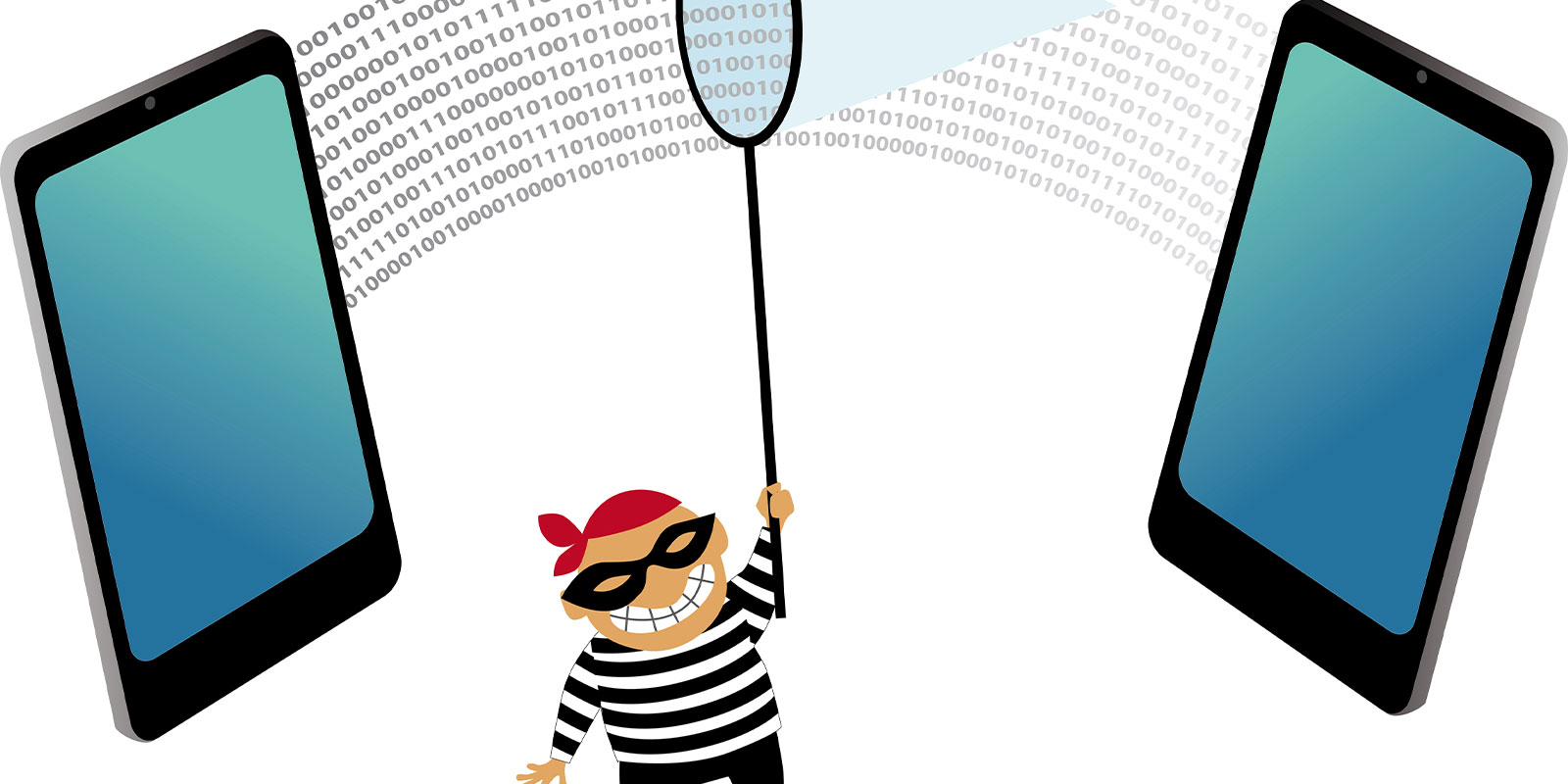Copyright @ 2025 Global Cyber Alliance | Sitemap

Imagine you’re a watchdog researcher. For years you’ve been diving into documents related to a major bank in your part of the world. You’re working with a network of whistleblowers, government regulators, analysts, and other informants. Some of them are anonymous, and others aren’t. You’ll verify their identities through corroboration, in due time, and ideally in face-to-face interactions. Lawyers have spent hundreds of hours poring over your documents, making sure your conclusions are adequately supported, and everybody you talk to is protected from retribution once the story is published.
After weeks of attempting to get a comment from the bank, you finally get an email from a bank executive. In it, they quote questions you asked your sources. They dispute the very premise of your line of questioning, picking it apart word-by-word.
One of two things could have happened – you didn’t have the proper tools to identify your sources, or the private messages you were using to correspond weren’t so private. Now the bank can get ahead of your reporting, and they have the resources to do a good job of it.
Similar scenarios have happened several times to a major business news publication with operations in Western Europe and Asia. Even if you’re reporting on private interests, malicious state interests may intervene and vice versa. The security of your communications can determine what’s considered “public” and “private,” where journalistic privileges begin and end, and whether or not your stories ever reach their intended audience. Using verified, encrypted end-to-end communications allows for you to communicate on your terms. It is important to use these apps prudently, though.
One drawback to some end-to-end communication is little regulation against the spread of hate speech, disinformation, and impersonation. Since 2017, the misuse of some communication apps has led to mass violence. That’s why some apps allow you to establish a digital signature that can be used to verify the identity of your sources, so you’re not inadvertently communicating with one of your opponents, nor are people able to use your accounts to spread disinformation. Because of the inherent privacy of these apps, some have been banned by local jurisdictions, so make sure to check whether they are legal to use before using the apps.
For more information, tools, and resources related to secure communications, visit the GCA Cybersecurity Toolkit for Journalists.
The author, Julian Hayda, is the Craig Newmark Journalist Scholar at the Global Cyber Alliance. You can follow him on Twitter or connect with him on LinkedIn.

